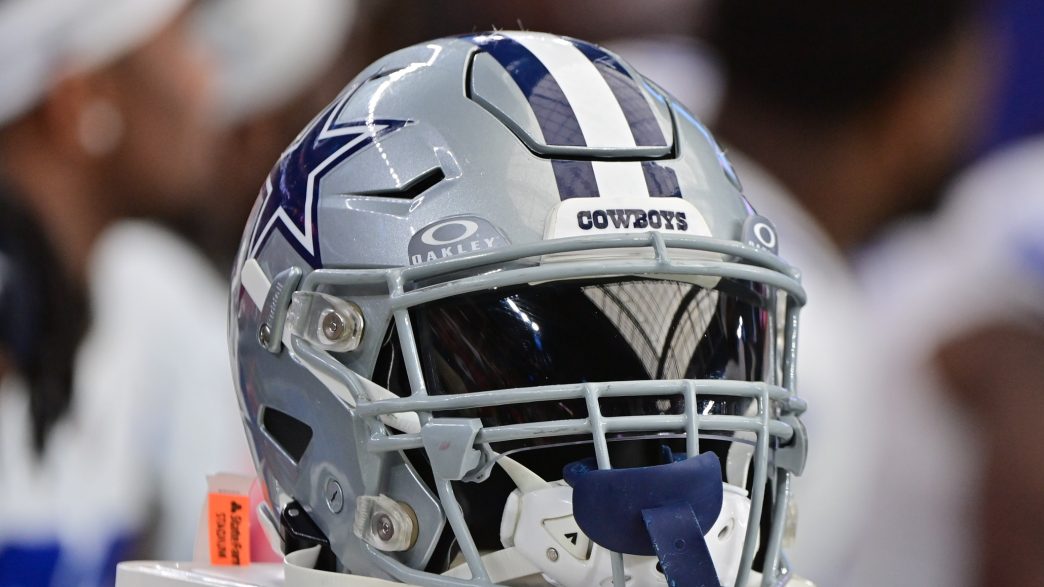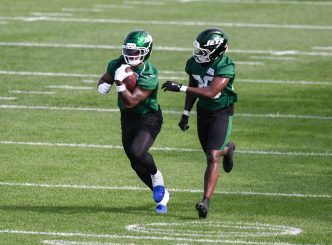Pettis Norman, a name that resonates deeply within both the football and civil rights communities, has passed away at the age of 86. The Dallas Cowboys announced the news on Monday, marking the loss of a prominent player and a passionate advocate for social justice.
Norman’s NFL journey began when he suited up for the Cowboys from 1962 to 1970, before concluding his career with the San Diego Chargers from 1971 to 1973. His impact on the field was tangible, and his contributions off the field were nothing short of transformative.
In their tribute, the Cowboys commemorated Norman’s legacy as more than just a player. “We mourn the passing of former tight end and civil rights advocate Pettis Norman,” the team stated on X. They celebrated his “selfless leadership, commitment to community, and dedication to creating equal opportunity.” Just recently, they had shared his remarkable story with pride, highlighting his dual role as an athlete and a civil rights pioneer.
Norman’s journey began at Johnson C. Smith University, where he broke barriers and made history as the first player from the institution to join the NFL. He was drafted by the Dallas Texans in 1962 but made his mark with the Cowboys, forever leaving his impact on the franchise. Reflecting on this legacy, Johnson C. Smith University honored him as the first Golden Bull in the NFL, declaring, “He was more than an athlete – he was a trailblazer.”
Perhaps Norman’s most lasting legacy transcends the stat sheet. His commitment to civil rights was profound and personal. He was influential in persuading legendary Cowboys head coach Tom Landry to address the issue of hotel accommodations, advocating for a distribution system that did not discriminate by race. “I tried to do whatever I could do to help change the kinds of things that society had operated under for such a long time,” Norman once said, displaying the conviction that fueled his advocacy.
In addition to his on-field accomplishments—participating in 162 NFL games and amassing 183 receptions for 2,492 yards and 15 touchdowns—Norman was also a founder of the Dallas Together Forum. This initiative played a pivotal role in pushing local corporations to enhance minority hiring practices and increase opportunities for women and minority-owned businesses.
Pettis Norman’s legacy as both a football player and a civil rights leader will undoubtedly endure, as he set a standard for what it means to lead with integrity and purpose. Rest in peace, Pettis Norman—your influence will continue to inspire future generations.








